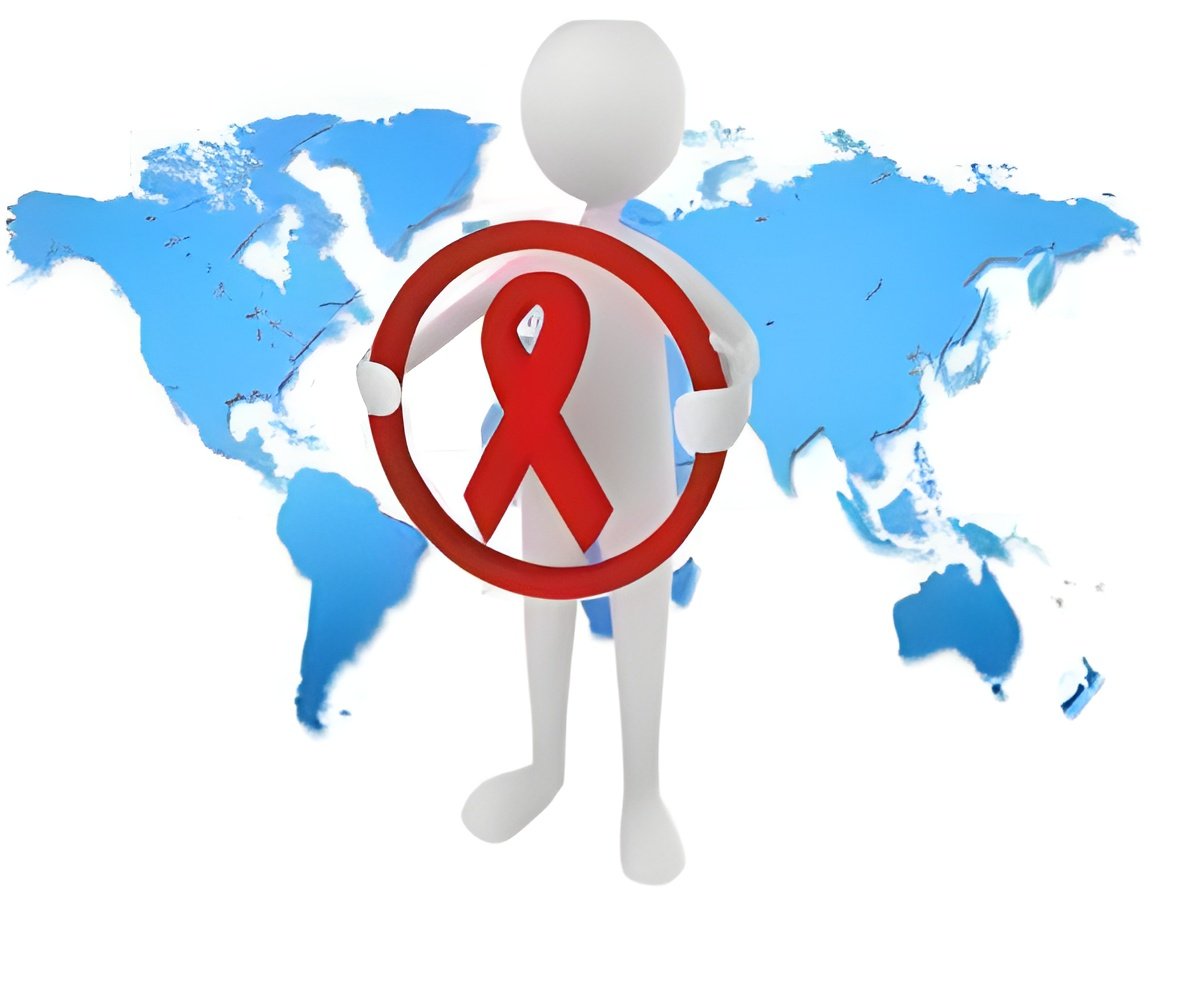The ongoing debt crisis in the Global South is severely impacting AIDS response efforts, with a $9.5 billion funding gap and rising stigma impeding progress.

AIDS response caught in a debt trap
Go to source).
Global South Nations Struggling to Prioritize Health
Richer nations and international financial institutions have imposed policies that force Global South countries to prioritize debt repayment over critical human rights, including health care. These policies often include regressive taxation, privatization of public services, and cuts to public spending, which further undermine essential services guaranteed under both international and national laws.‘Global spending on war outpaces AIDS funding by $490 billion, risking progress toward ending the epidemic. #aidsfunding #medindia
’





Winnie Byanyima, Executive Director of UNAIDS, highlighted the gravity of the situation, noting that many African countries, including Angola, Kenya, Malawi, Rwanda, Uganda, and Zambia, spend over 50% of their government revenues on debt interest payments. This financial pressure means that these countries spend far more on debt repayment than on health, leading to severe underfunding of critical health services.Addressing the HIV Funding Gap and Stigma
The global response to HIV/AIDS is currently facing a significant funding gap of $9.5 billion, which poses a substantial threat to achieving the 2025 targets for combating the disease. Despite the pressing need, global HIV financing dropped by 5% in 2023, with domestic resourcing for HIV falling by an even greater 6%, further complicating efforts to control the epidemic."While over $500 billion has been spent on the war in Ukraine, the AIDS response is struggling with a massive funding shortfall," noted Byanyima, pointing out the stark contrast in global resource allocation.
Financial challenges are not the only obstacles to the AIDS response. Stigma, discrimination, and the criminalization of marginalized groups, such as those engaging in same-sex relations, sex work, or drug use, continue to push people away from accessing essential healthcare services. These legal and social barriers significantly impede efforts to control the HIV epidemic.
In response to these challenges, world leaders are being urged to take decisive action, including by Prioritizing and boosting funds, especially for HIV/AIDS response; Implementing debt restructuring with a focus on human rights and well-being; Making life-saving medicines affordable and available to all, particularly in low- and middle-income countries; Supporting community leadership in the fight against HIV/AIDS; Addressing stigma and discriminatory laws that marginalize vulnerable populations.
Advertisement
Reference:
- AIDS response caught in a debt trap - (https://medicircle.in/aids-response-caught-in-a-debt-trap)
Advertisement












